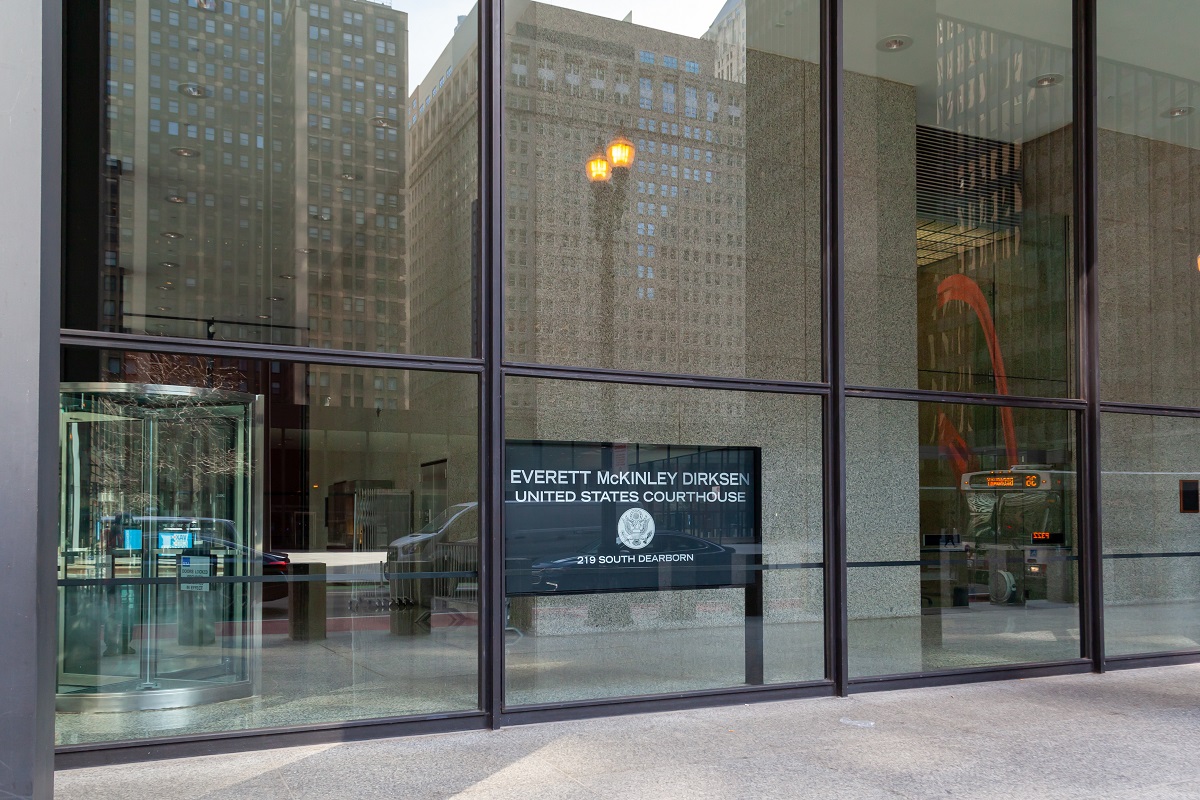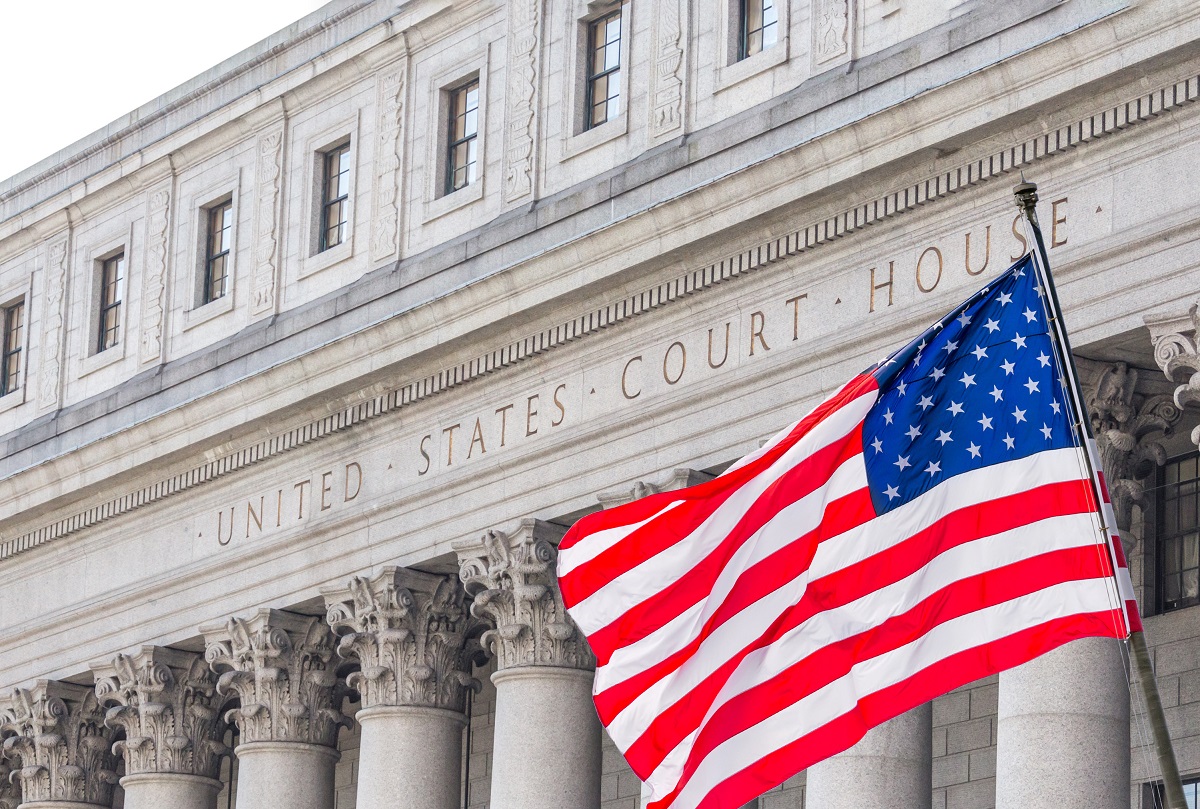The U.S. Court of Appeals for the Eleventh Circuit recently held that a trial court's denial of a motion for class certification was an abuse of discretion because the trial court’s analysis of Rule 23(b)(3)’s predominance requirement was based on its erroneous interpretation of the second option in section 1681n(a)(1)(A) of the federal Fair Credit Reporting Act as requiring a showing of actual damages.
Posts published in “FCRA”
Fair Credit Reporting Act
The U.S. Court of Appeals for the Second Circuit recently vacated a trial court’s summary judgment in favor of a credit reporting agency in a lawsuit alleging violations of the federal Fair Credit Reporting Act in connection with the reporting of a “balloon payment” that was not in fact required.
The U.S. Court of Appeals for the Seventh Circuit recently affirmed a summary judgment ruling in favor of a mortgage loan servicer and held that no reasonable jury could find that the servicer provided patently incorrect or materially misleading information sufficient to support a claim under Section 1681s-2(b) of the federal Fair Credit Reporting Act.
The U.S. Court of Appeals for the Second Circuit recently affirmed a trial court’s order granting summary judgment in favor of a credit reporting agency and ruled that reporting a student loan debt that was discharged in bankruptcy as “due and owing” is not cognizable as an “inaccuracy” under the federal Fair Credit Reporting Act.
Just a few years ago, the annual review would primarily encompass federal activity. But a shift began in 2018, and by the close of this year, it’s clear there is far more state activity impacting consumer debt collection.
The U.S. Court of Appeals for the Second Circuit was relatively quiet when it came to the Fair Debt Collection Practices Act, only issuing three opinions.
The U.S. Court of Appeals for the Seventh Circuit affirmed a trial court’s dismissal, on separate grounds, of a borrower’s FCRA claims because the borrower lacked standing. In addition, the Seventh Circuit held that the borrower’s affidavit made conclusory statements with documentary support and was therefore insufficient to defeat the lender’s motion for summary judgment.
The Appellate Court of Illinois, Third District, recently reversed a trial court’s order dismissing a debtor’s federal Fair Credit Reporting Act counterclaim against a bank.
The U.S. Court of Appeals for the Ninth Circuit recently reversed a trial court’s grant of summary judgment in favor of a mortgage lender in a consumer’s action.
The U.S. Court of Appeals for the Ninth Circuit recently affirmed the trial court's denial of a motion for a remand to state court and the dismissal of the plaintiffs' class action suit alleging violations of the federal Fair Credit Reporting Act by a credit reporting agency.
The U.S. Court of Appeals for the Eighth Circuit recently held that various federal Fair Credit Reporting Act claims should be dismissed for lack of Article III standing.
In an update to an article we published earlier this week regarding the three major credit reporting agencies Equifax, Experian and TransUnion issuing a joint statement last week regarding how medical debt will be treated and reported on consumer credit reports, those agencies provided further clarification to data furnishers on March 22.












